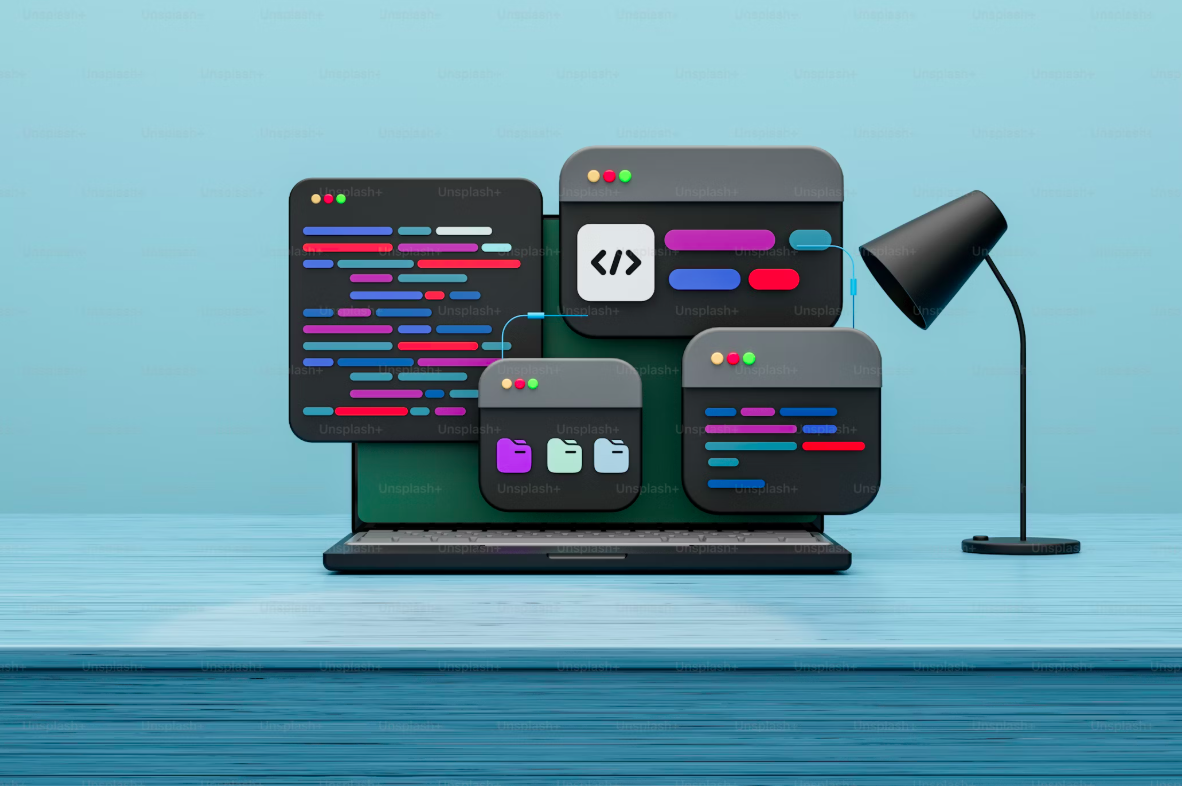Category: PHP
-
Why SOLID Principles Should Be Followed
Why SOLID Principles Should Be Followed and Why It’s Hard to Adhere to All of Them Software design is often an intricate balance between creating code that is flexible, maintainable, and efficient. One of the most effective frameworks to guide developers in achieving this balance is SOLID, a set of five principles for object-oriented design.
//
-
Best Ways to Optimize PHP Code
Optimizing PHP code is crucial for improving the performance of your applications, particularly when they are handling high traffic or large-scale operations. Optimized code results in faster loading times, better user experience, and reduced server load. In this blog post, we’ll explore several key strategies to optimize your PHP code, along with practical examples. 1.
//
-
Difference between Stateless vs Stateful Authentication
Understanding Stateless vs Stateful Authentication Authentication is a critical aspect of modern web applications. It ensures that users are who they say they are and enables them to access resources based on their identity. In the context of authentication, the concepts of stateless and stateful authentication play an essential role in how user sessions are
//
-
Upgrade Laravel and Symfony to a Higher Version
How to Upgrade Laravel and Symfony to a Higher Version Upgrading the version of Laravel or Symfony is a necessary step to take advantage of the latest features, improvements, security patches, and bug fixes. However, upgrading a framework, especially when jumping over major versions, can be a complex task. This blog will guide you through
//
-
Difference Between Auth-1 and Auth-2
In the ever-evolving world of API security, understanding the various methods of authentication is crucial for securing your applications and services. Among the most common methods are Auth-1 and Auth-2. These two approaches have similarities but also important differences that affect how secure and efficient your interactions with APIs can be. In this blog, we
//
-
Laravel: Advantages and Disadvantages Explained
Laravel is a powerful and popular web application framework that simplifies PHP development with its elegant syntax and robust features. It’s designed to help developers build custom web applications efficiently, offering a set of tools and built-in functionalities that make it easier to manage everything from routing to authentication. Laravel isn’t just a back-end framework;
//
Search
Categories
- AI (2)
- Backend Framework (18)
- Caching (4)
- Cloud Computing Services (2)
- Database (6)
- Docker (9)
- Frontend Framework (5)
- Laravel (5)
- Microservice (5)
- PHP (14)
Recent Posts
Tags
API Development API Security Authentication Caching Cloud Computing CorePHP Database Database Optimization Docker Framework FrontendFrameworks FrontendTech IDEs & Editors JavaScriptFrameworks Laravel Microservices Modern Development MVCArchitecture Networking & Security PHP PHP Development PHPFrameworks PHP Frameworks PHP Optimization Project Management Scalable Software Token-based Authentication Version Control Web Development Web Security
